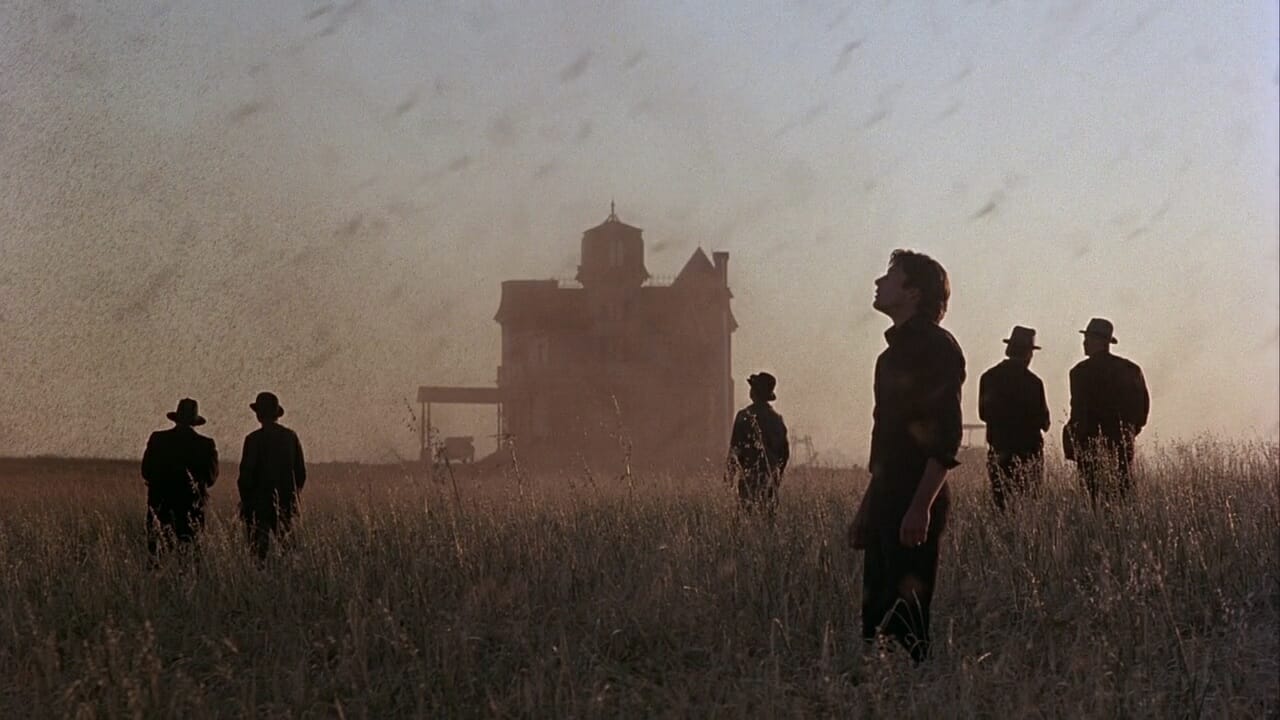-
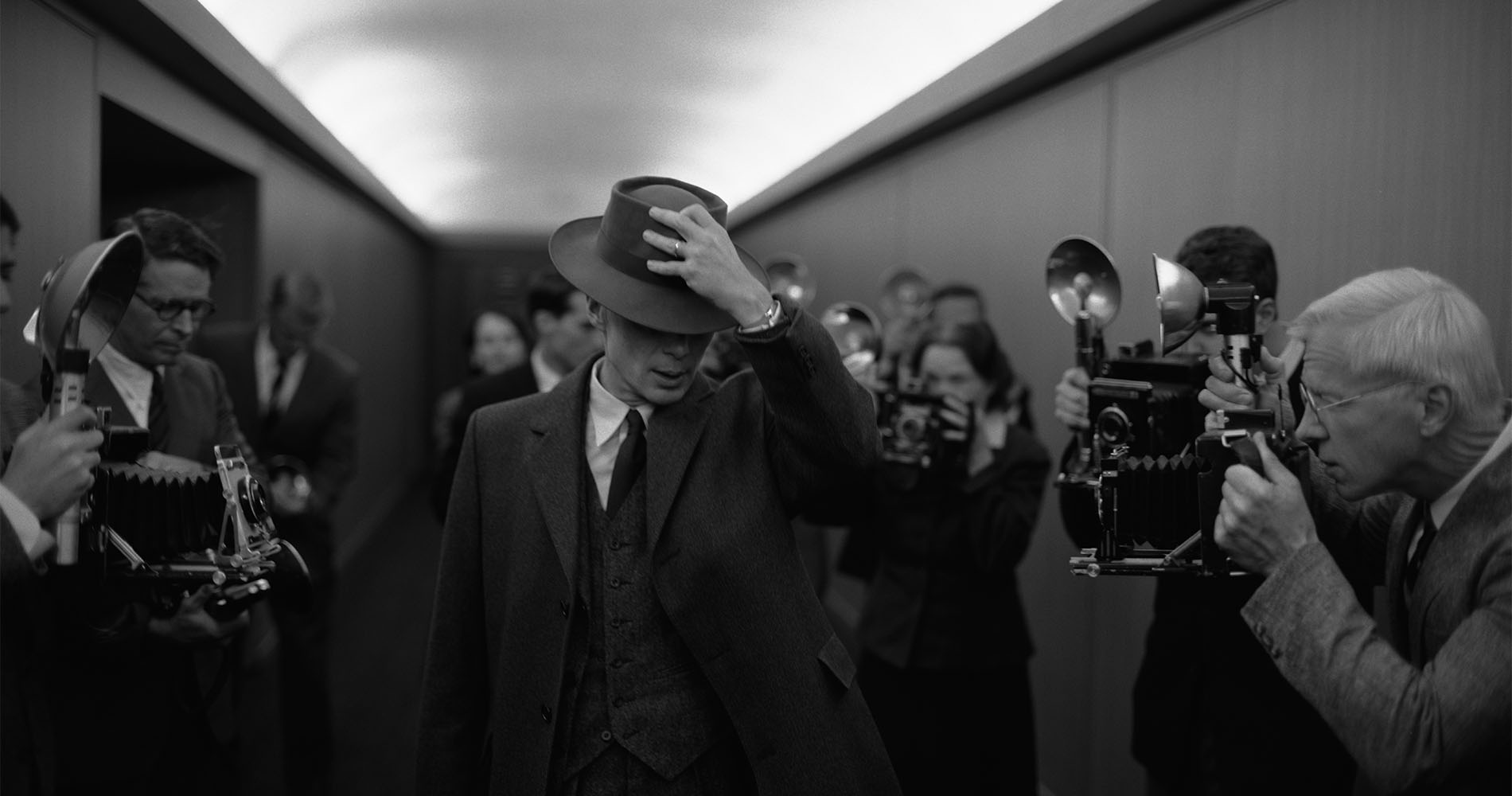
2023 in Cinema
Yorgos Lanthimos’ absurdist odyssey ventures into the surreal heart of womanhood, Chad Stahelski lifts the John Wick franchise to transcendent new heights, and Barbenheimer draws crowds to the cinema for a double feature of conflicting blockbusters.
-
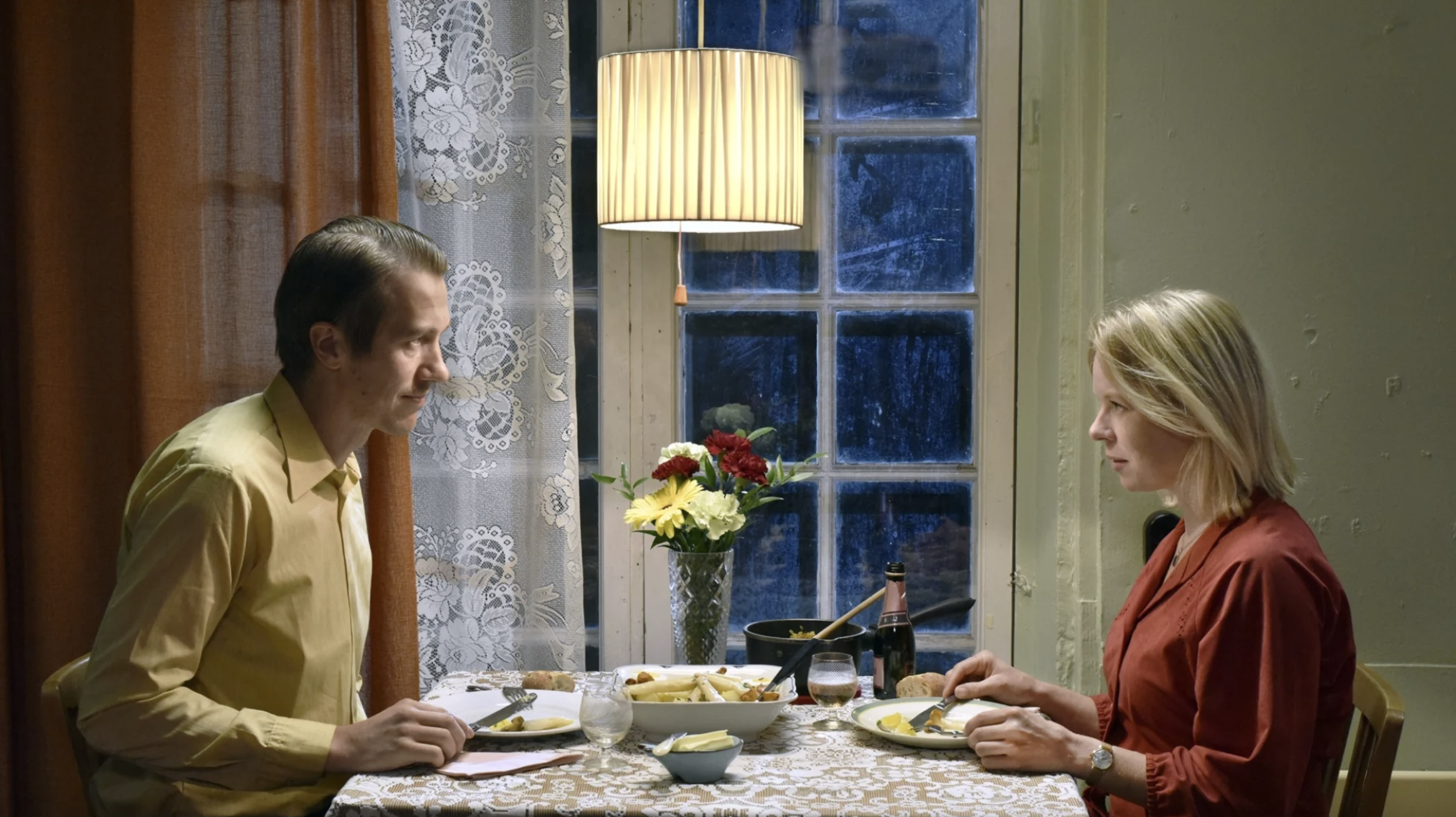
Fallen Leaves (2023)
The working-class lovers of Fallen Leaves may be set back by personal flaws, but the string of unlucky coincidences playing a greater cosmic joke on them can’t be ignored either, as Aki Kaurismäki’s minimalist comedy-drama stubbornly seeks romance within the deadpan mundanity of downtown Helsinki.
-
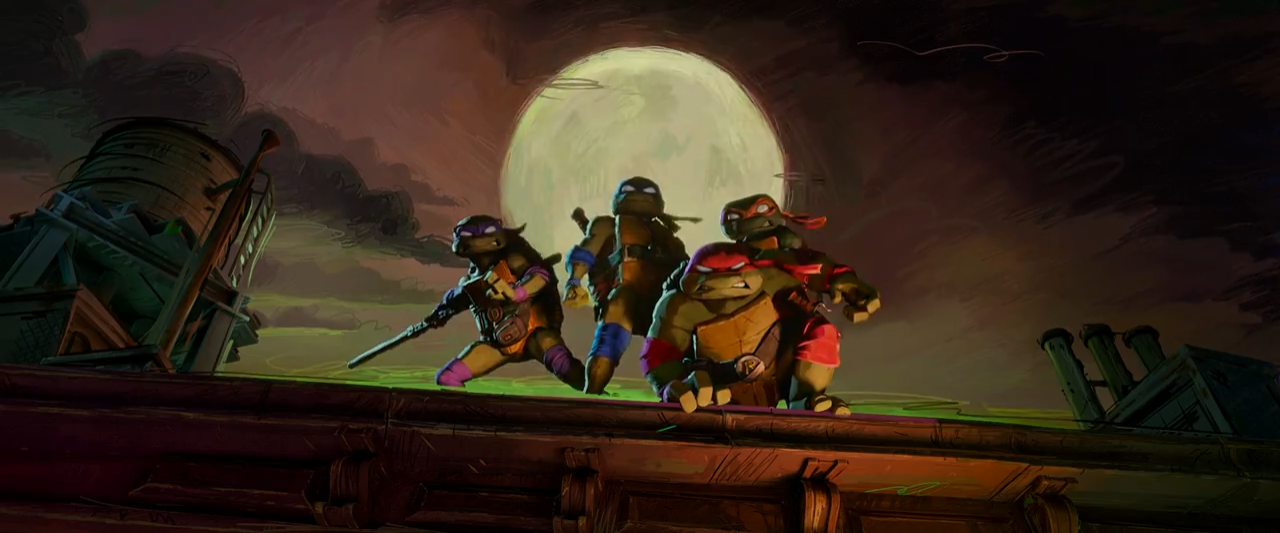
Teenage Mutant Ninja Turtles: Mutant Mayhem (2023)
It is in the anarchic rejuvenation of animation itself that Teenage Mutant Ninja Turtles: Mutant Mayhem fully embraces the rebellious spirit of its outcast heroes, emulating the sort of colourful scrawls and grungy imperfections that might be found in a teenager’s sketchbook, and vividly manifesting the coming-of-age tale which underlies its kinetic superhero action.
-
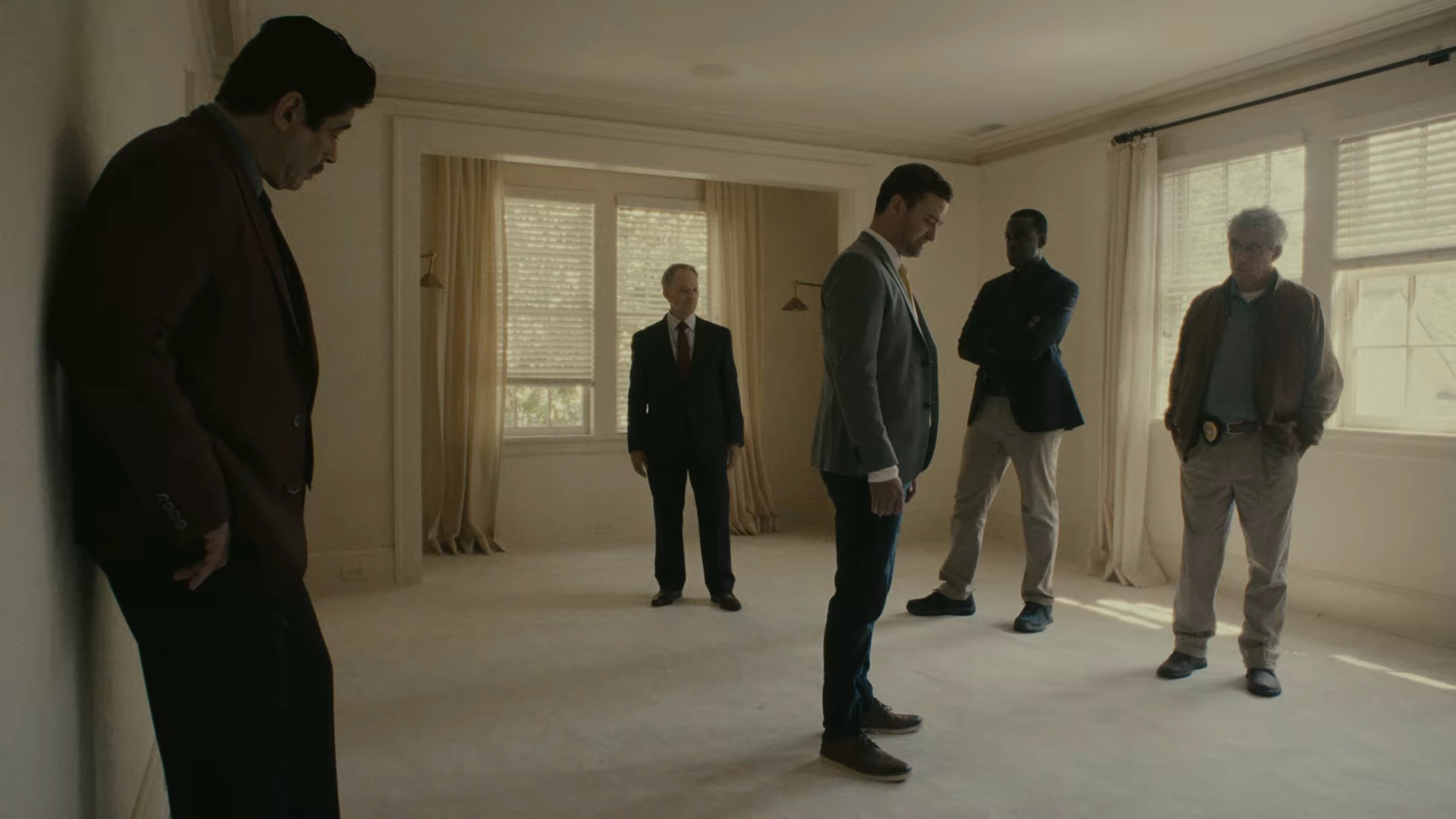
Reptile (2023)
As Grant Singer methodically unravels the brutal murder of a real estate agent into a conspiracy that sprawls across the Maine property market, suspects and detectives alike chillingly shed their skins to reveal their true natures, giving metaphoric significance to the cold-blooded title Reptile.
-
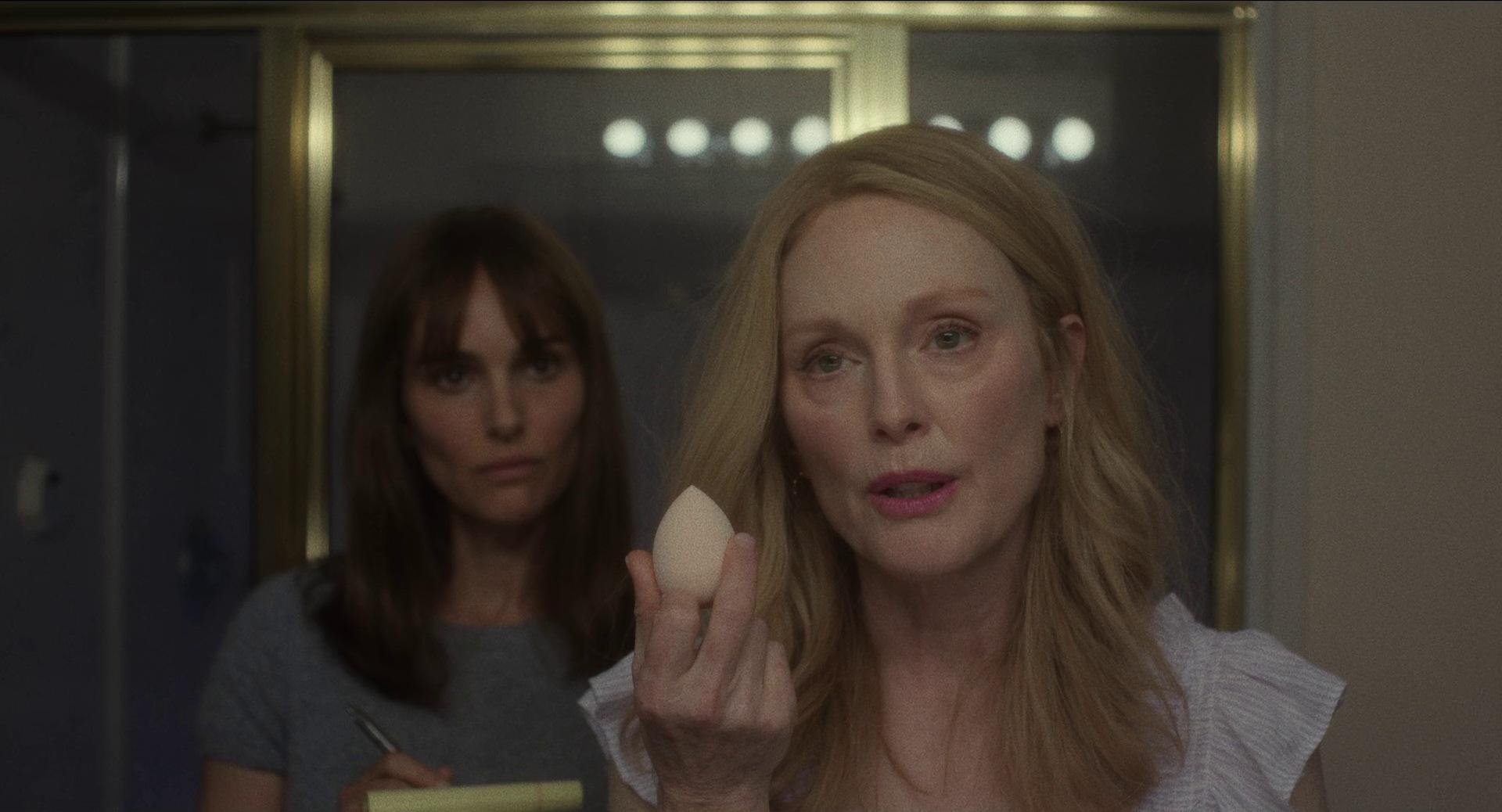
May December (2023)
Within May December’s dual character study, Todd Haynes draws disturbing psychological parallels between one method actress and the paedophile she is researching, carefully observing both predators win the unearned sympathy of audiences and neighbours alike through performances of astoundingly shallow substance.
-
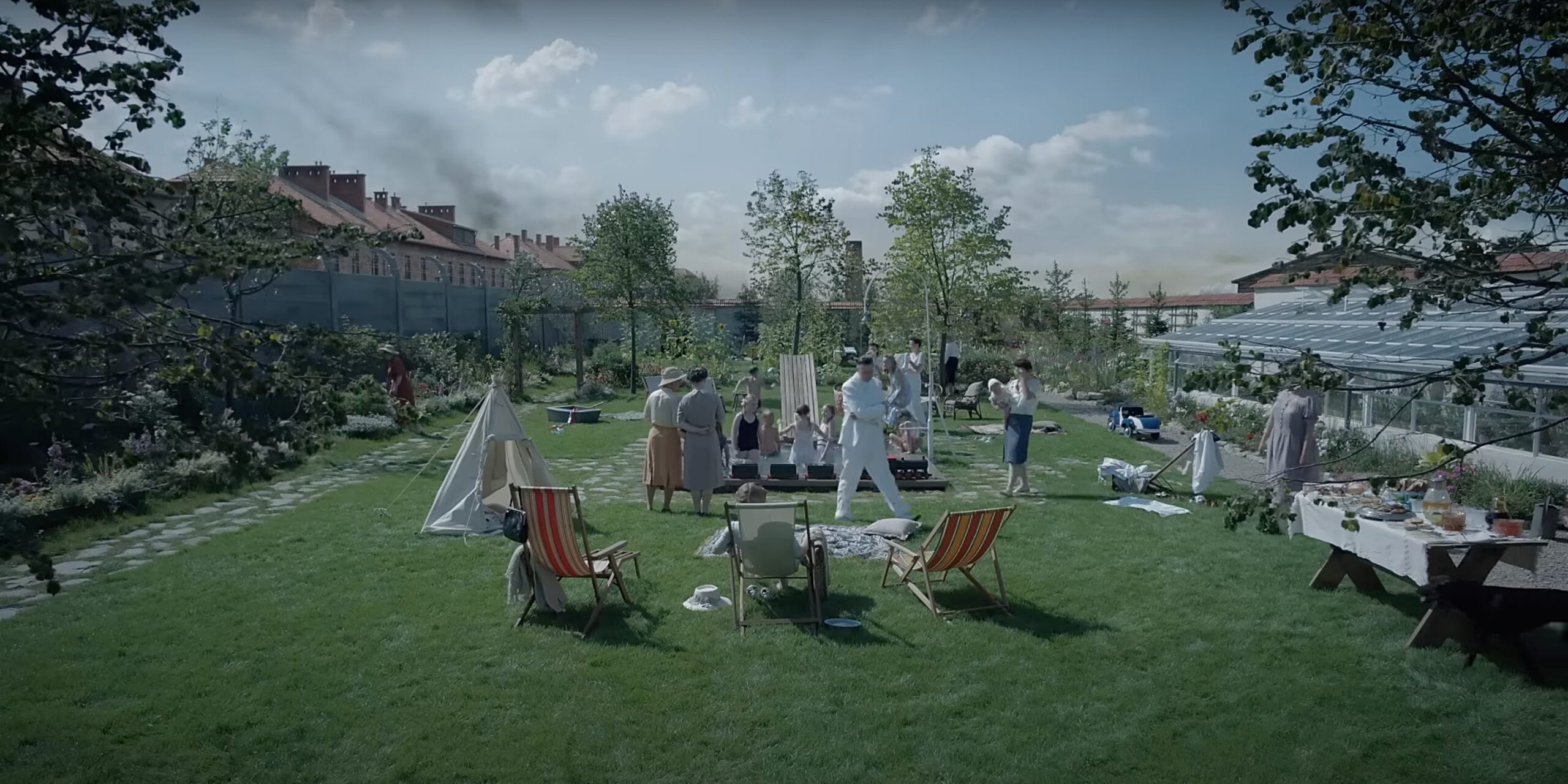
The Zone of Interest (2023)
It takes a special sort of inhuman cruelty to live in such close proximity to largescale genocide, profit off its spoils, and continue each day with no remorse, so the vast wall that divides Auschwitz from the camp commandant’s country house makes for a chilling visual metaphor of this in The Zone of Interest, as…
-
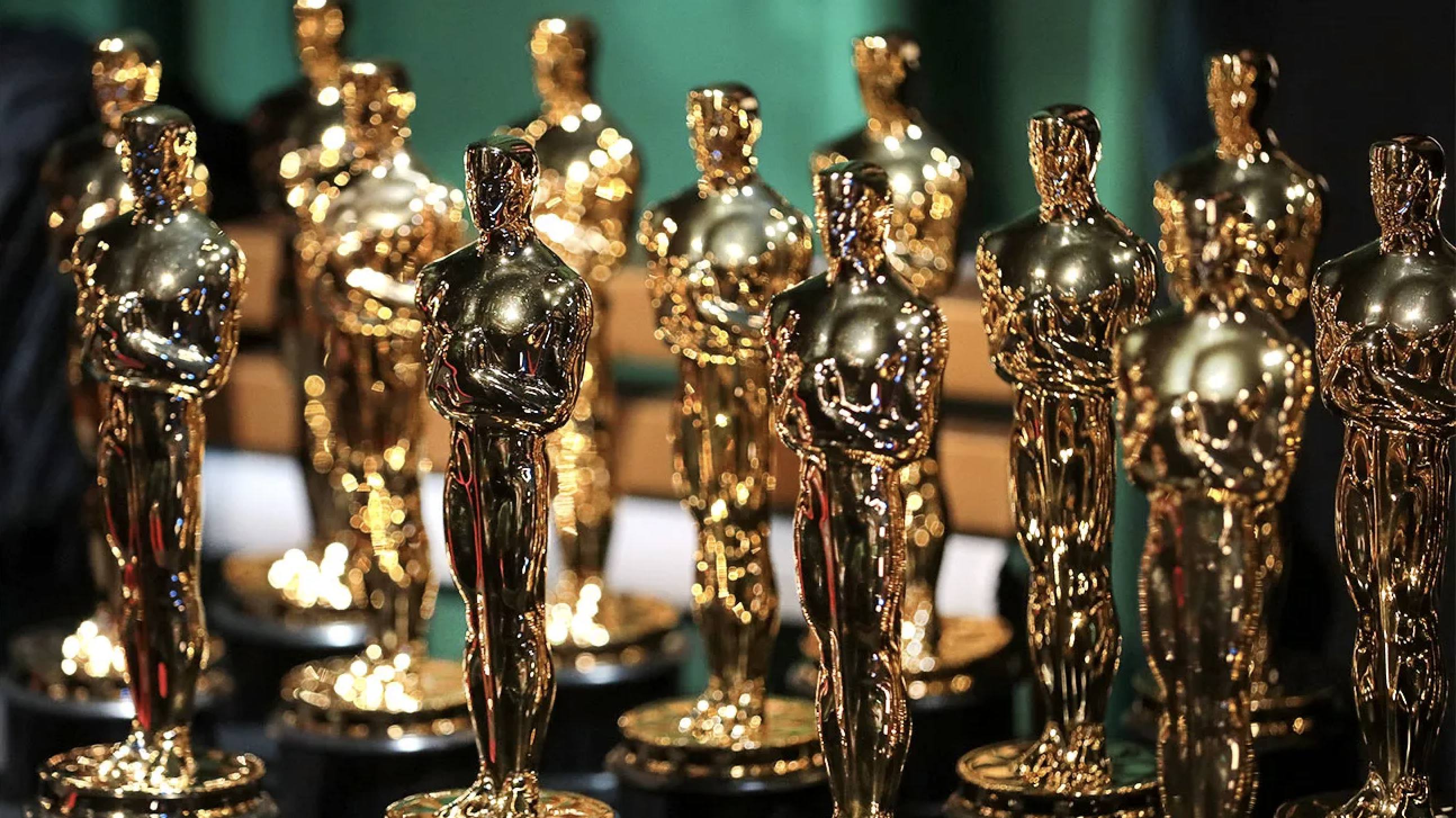
2024 Oscar Predictions and Snubs
Christopher Nolan looks set for a sweep at this year’s Oscars, but still we are left wondering – where is Wes Anderson?
-
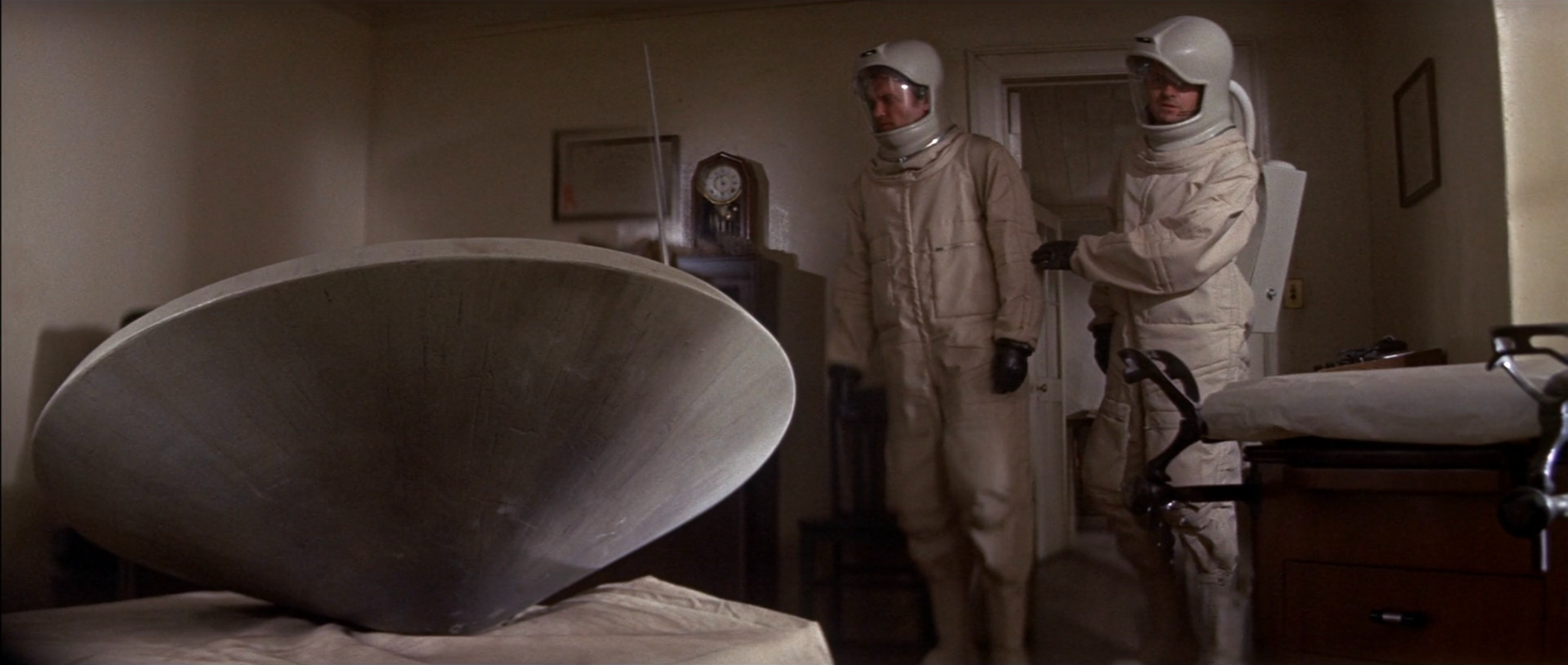
The Andromeda Strain (1971)
The pursuit of knowledge is nothing more than a path to existential insecurity in The Andromeda Strain, sending a team of scientists deep underground to investigate the terrestrial arrival of a deadly alien organism, and developing a terrifying allegory for widespread nuclear warfare that Robert Wise delineates with methodical, formal precision.
-
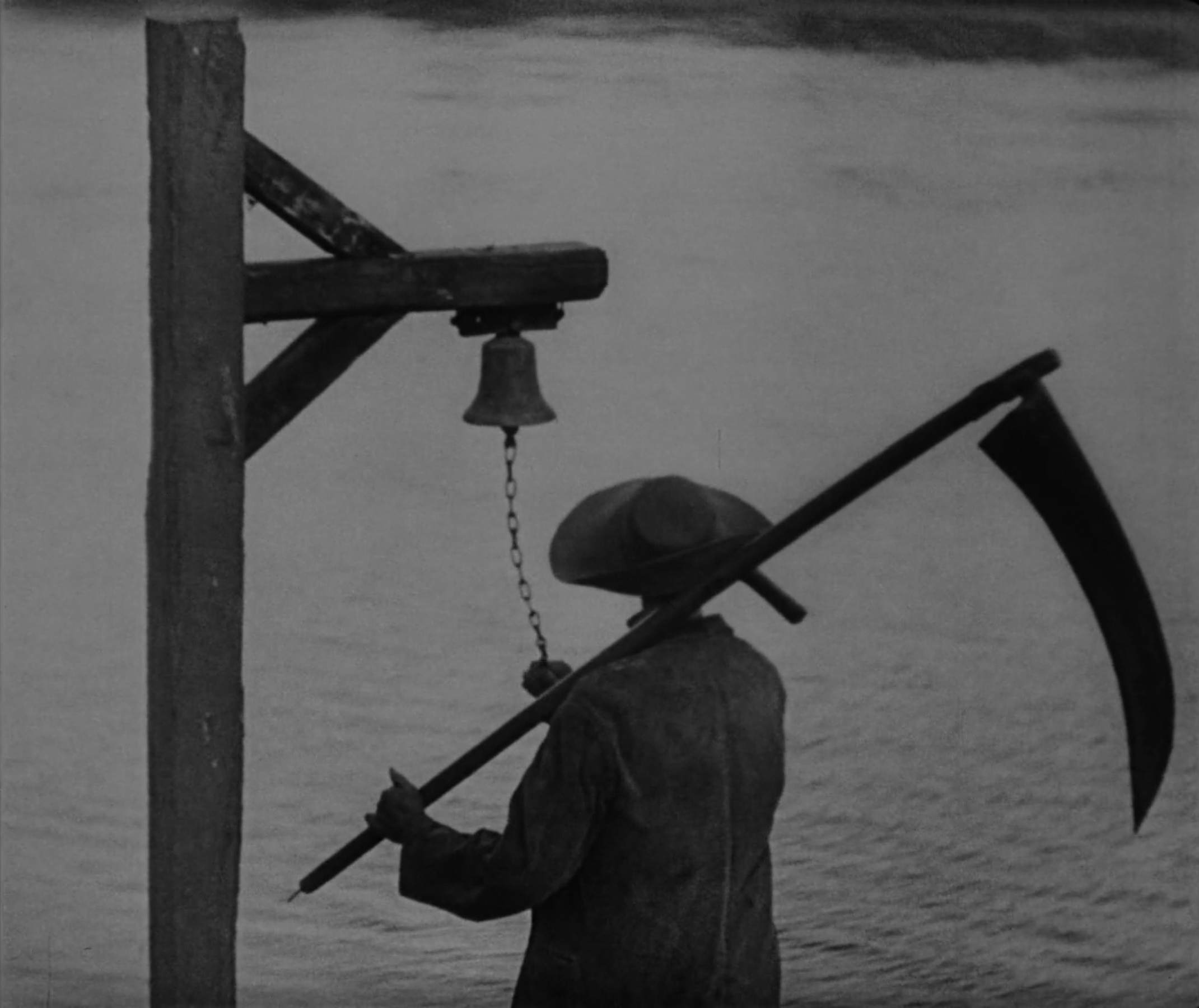
Vampyr (1932)
Whether Carl Theodor Dreyer’s horror film is to be interpreted as a political allegory, a spiritual fable, or a cryptic, expressionistic nightmare, Vampyr’s supernatural conspiracy is designed to lull us into the same impressionable state as its hypnotised victims, calling upon our subconscious desire to submit to the psychological darkness.
-
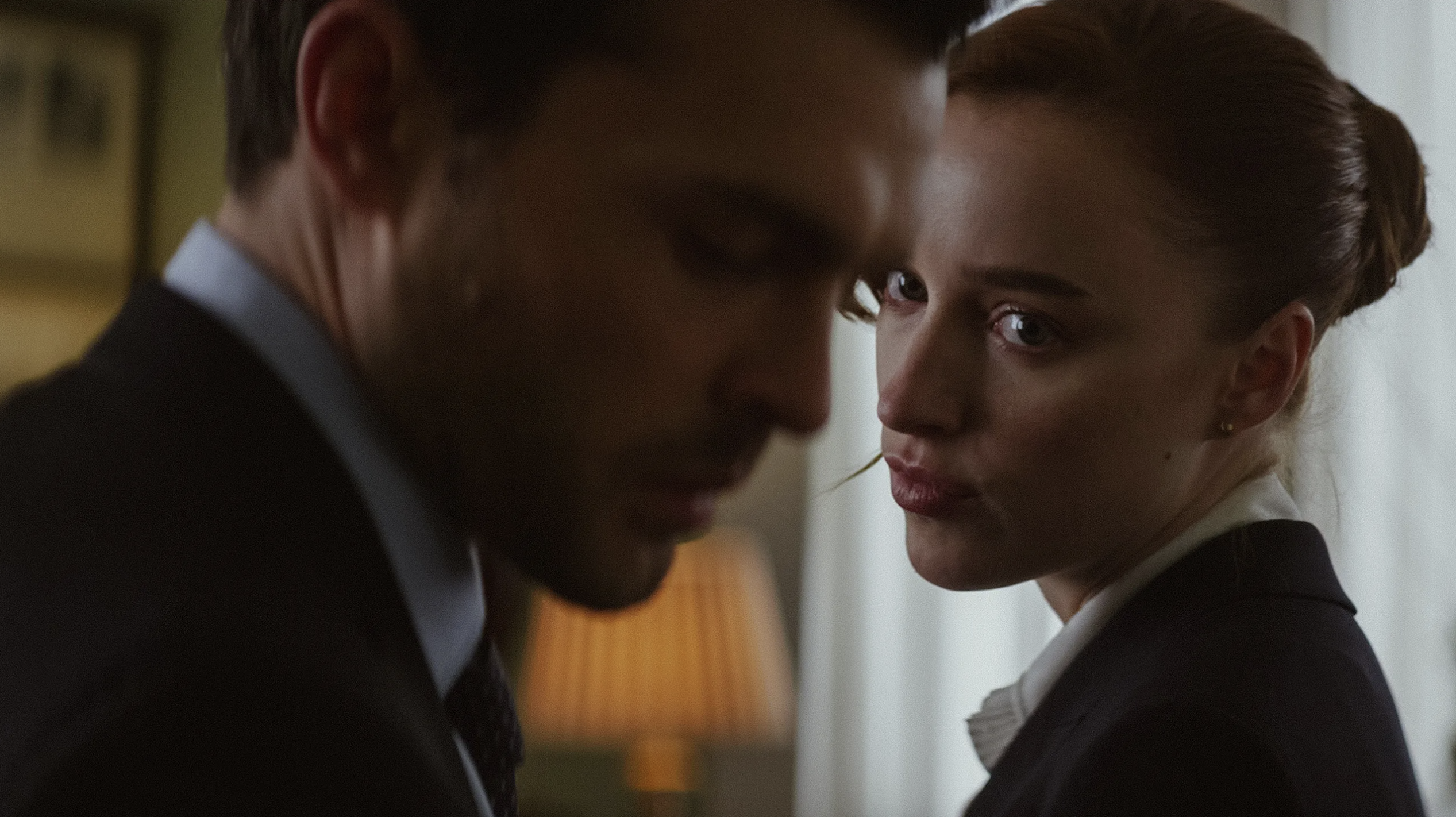
Fair Play (2023)
The struggle up the corporate ladder has a long list of casualties in Fair Play, so when a promotion comes between secret lovers Luke and Emily, personal relationships and fragile egos are the first to be sacrificed to the vicious battles of sexes in the white-collar workplace.
-
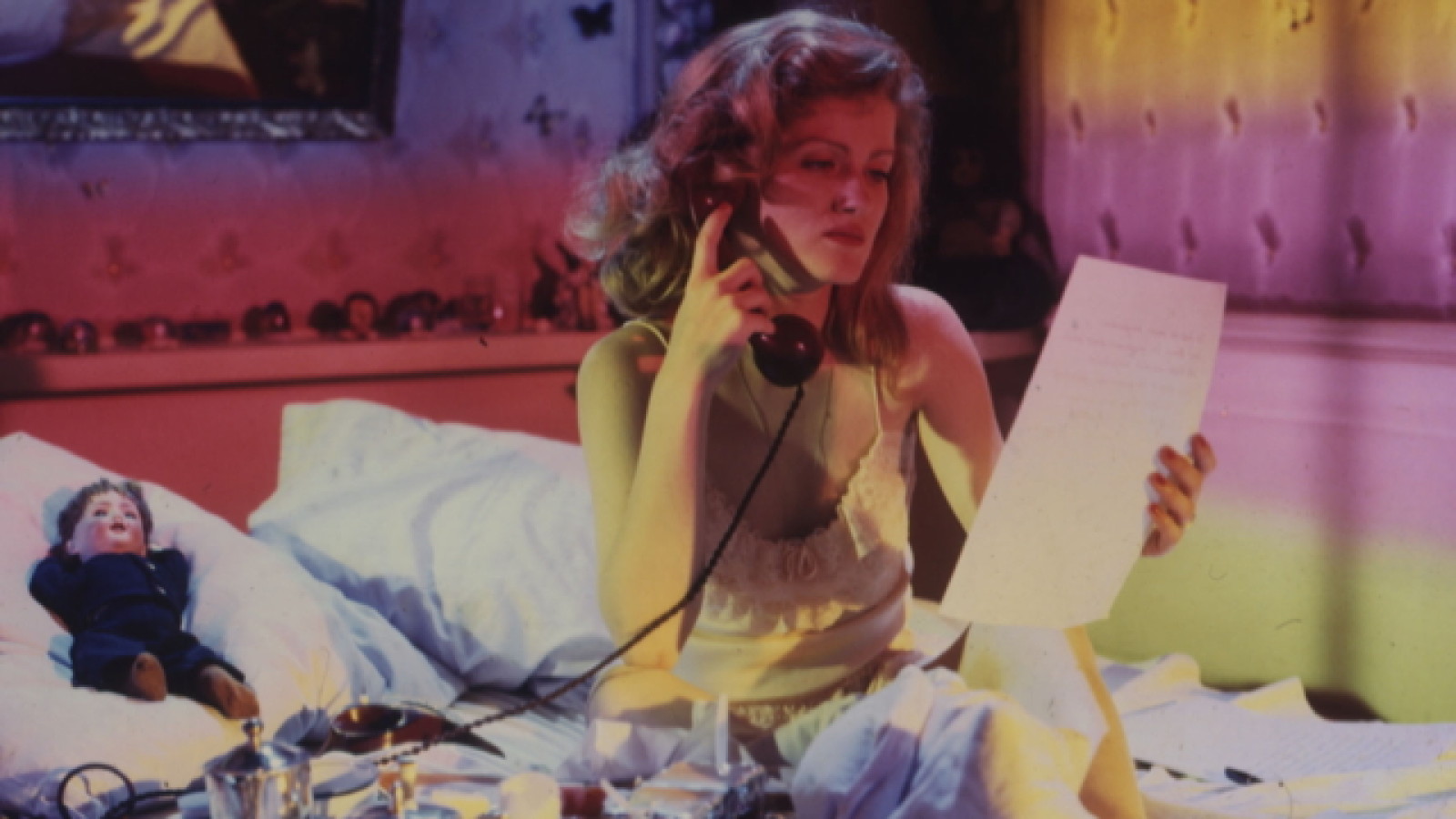
Lola (1981)
The image of post-war Germany that Rainer Werner Fassbinder composes in Lola is remarkably distinct from its 1905 source material, and yet its tragic romance between a middle-aged gentleman and young performer carries through with vibrant poignancy, melding social realism and colourfully heightened melodrama in a timeless fable of degraded honour.
-
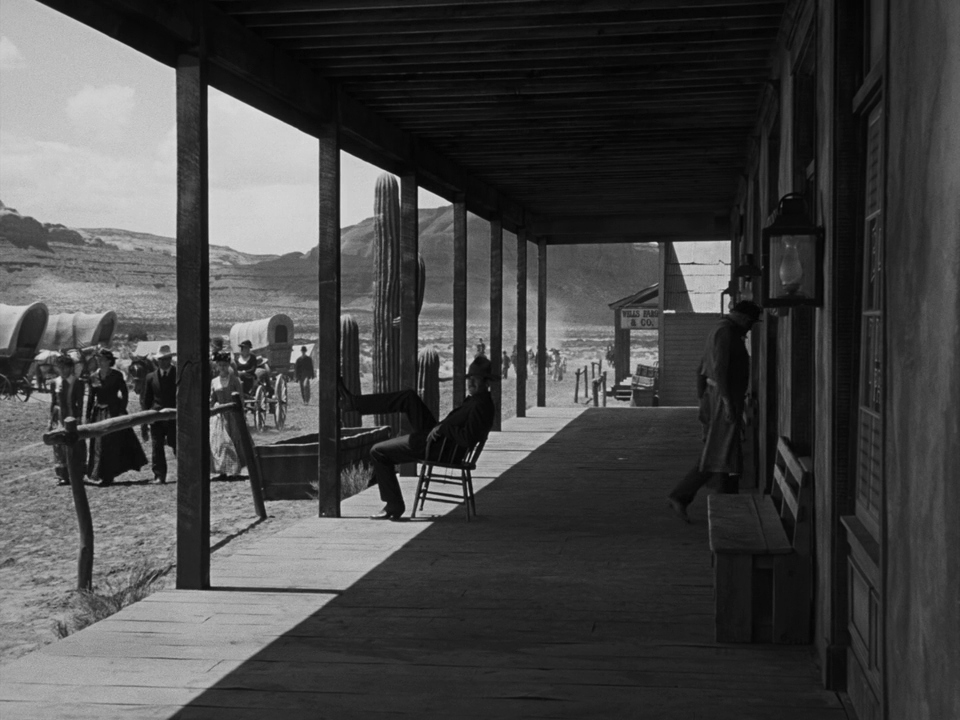
My Darling Clementine (1946)
Through John Ford’s grand cinematic mythologising in My Darling Clementine, lawman Wyatt Earp becomes a guardian of modern civilisation and legendary hero of the American frontier, cultivating seeds of growth in the rural town of Tombstone while challenging those who threaten to spoil its future.
